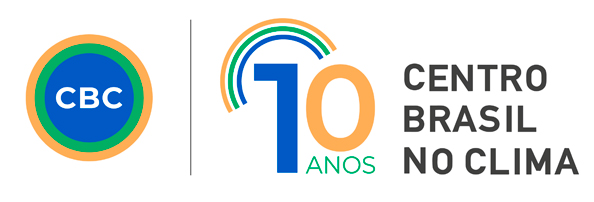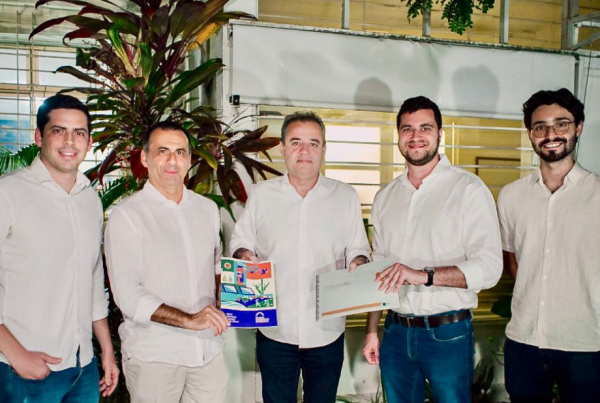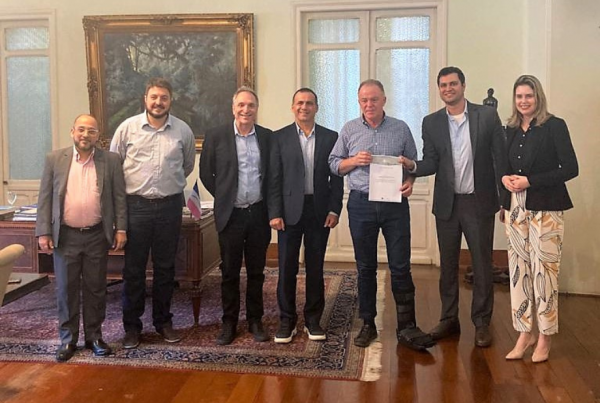Today it is already known that the debate on climate change is multidisciplinary and cuts across almost all fields of public life. The climate agenda interferes with institutional policy, economic indicators, and the way society interacts, among many other aspects of daily life. However, the relationship between climate change and security is still little debated today. Part of this is because the concept of security is multiple: more traditional conceptions of security take into account national security – defense-related issues such as external threats, borders, wars, among others – and public security, i.e. domestic security agendas such as organized crime. Newer security perspectives, however, already think security more centered on the individual – rather than the state – and already put into debates such as human security, food security, and health security.
In these new security agendas, climate change has been given more space. Thanks to them, today we already know, for example, that climate change directly affects the food security of a population or the health security of a locality; these are the cases linked to water scarcity, for example. Moreover, today there already seems to be a consensus on the relationship between climate change and migration, since climate and environmental disasters have already forced the creation of the categories of migrant and climate refugee. This is the case, for example, for the inhabitants of Pacific islands that, faced with climate change and, consequently, rising ocean levels, run the risk of being flooded. Another classic case is the environmental and climate refugees in Haiti after the severe earthquake of 2010. It is not necessary, however, to go that far: in Brazil we already have displaced people for environmental and climatic reasons.
On the other hand, it is time to understand that climate change affects security in all its aspects: it is already known today that climate issues are central and disruptive points in several armed conflicts, such as in cases where resources are the core of the dispute. However, it is more than this: climate change intensifies and complexifies already existing social conflicts, since it changes the configuration and pattern of relationship with natural resources – always scarce; consequently, it transforms territorial and community relations – which, in the Latin American case and especially in Brazil, has explosive potential. In the case of Brazil, this has proven particularly dramatic in the Amazon: looting and illegal mining, often articulated with large-scale factions and, consequently, linked to illicit trafficking, deforest; this occurs at the same time as deforestation hinders the subsistence of local populations, who see in crime an alternative for income generation.
Deforestation and mineral extraction often reinforce the criminal underworld and stimulate a vicious cycle of climate change, underdevelopment, and insecurity. […] Huge mining conglomerates are invading indigenous lands and polluting soil and rivers. Illegal gold mining has become a huge business in the region, both by large companies and improvised groups (ABDENUR; SZABÓ; MUGGAH, 2019).
Climate change and security, in its various forms, are indirectly related, especially since climate emergencies mainly affect those who subsist in conditions of vulnerability. Climate change affects the individual, who loses his or her ability to ensure food and health security, but it also intensifies existing social conflicts, accelerating and accentuating possibilities for armed conflict, whether small-scale or large-scale. In the Brazilian reality, we can already see the relationship between climate change and our biggest problem in terms of public safety today: organized crime. It is clear, therefore, the urgency of thinking about the climate agenda with more attention and seriousness.
References:
ABDENUR, Adriana; SZABÓ, Ilona; MUGGAH, Robert. Organized crime in the Amazon threatens collective survival. Article published in the Folha de São Paulo newspaper on 03/17/2019. Available at: https://bit.ly/39qsvhS.




